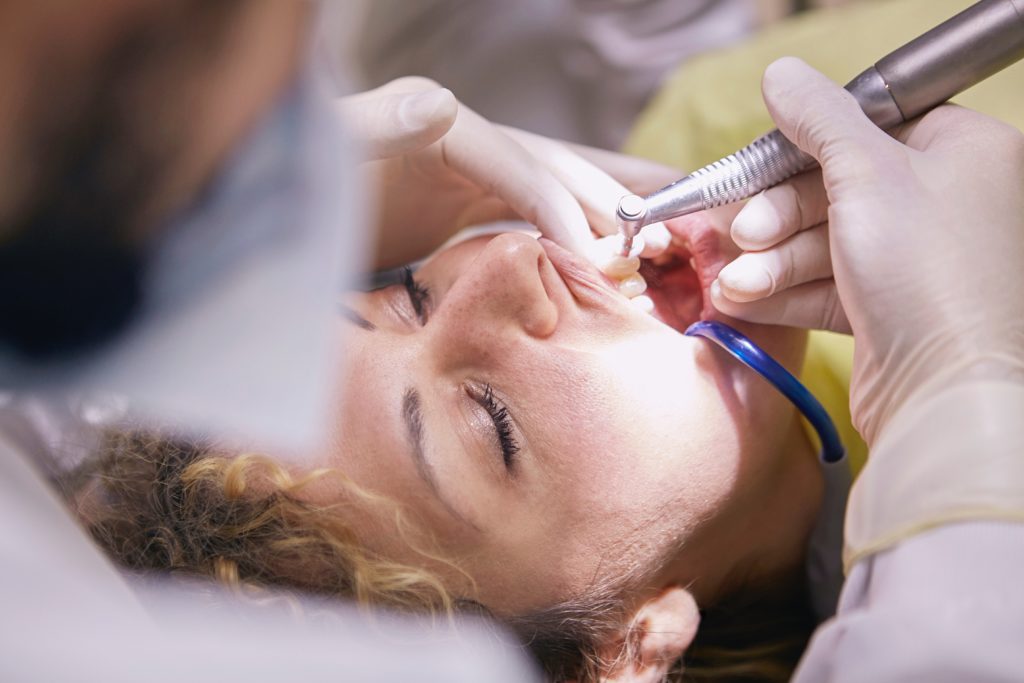Studying Dentistry abroad in Europe
Here are the greatest possibilities for a future profession in dentistry if you are seeking to Studying Dentistry abroad in Europe, particularly in Eastern and Central Europe. Dentistry schools combine general medicine, pharmacy, and dentistry. In addition, based on the European Credit Transfer System, most dental programmes overseas welcome dentistry transfer students (ECTS).
Romania, Bulgaria, Hungary, Poland, and the Czech Republic continue to be the best international dental study and treatment destinations. In addition, the majority of dental faculties offer undergraduate and graduate studies.
Dentistry abroad, like medicine, has become the only way for medical and dentistry students and patients to become doctors and receive treatment (health care) at lower costs. Because of the high quality of education, dentistry and medical programmes in English, diplomas recognised all over the world, low living costs, low tuition fees, less stringent admission criteria, high frequency and low-cost international communication (transport), and other factors, dentistry abroad in Europe, particularly in eastern Europe, has become one of the best destinations.
Since joining the European Union, Bulgaria, Romania, Hungary, Poland, and the Czech Republic, to mention a few, have become well-known for medical and dental tourism.
Dentistry studies in Europe
Studying dentistry entails learning about the science of diagnosing, preventing, and treating disorders of the teeth, gums, and other oral structures and the repair or replacement of missing teeth. Dentistry is essential for overall bodily health; as a result, high-quality dentistry education is required.
Dentistry is one of the most widely practised medical specialities on the planet. With practitioners having social prominence and excellent salary, dentistry attracts an increasing number of potential students each year. However, competition for dental programmes is high in most countries, and most students have little choice except to study abroad.
Dentistry programmes are usually five or six years long and require full-time study. In many places, Dentistry requires up to four years of post-graduate study following graduation, and a term of practice is usually required after graduation to become fully licenced to practise Dentistry independently.
Dentistry is becoming more accessible to students who want to finish their education in another country, particularly in Eastern European countries that have just joined the European Union. Dentistry degrees earned at approved universities in the European Economic Area (EEA) are fully accepted across Europe and beyond. In contrast, degrees earned in non-EEA nations in Europe are acknowledged on a case-by-case basis. This is something prospective students should think about while deciding where to study dentistry abroad.

Can I get financial aid to study dentistry in another country?
You will be unable to obtain student loans in the United Kingdom. However, some institutions offer financial aid or recommend local banks that might be ready to lend you the money you need for your study. These loans will be on commercial terms instead of British student loans. Many students are drawn to Bulgaria because of the possibility of receiving student loans. However, because these are more like conventional bank loans in the UK than student loans, we recommend that you read the terms and conditions carefully. There is also significant scepticism regarding the long-term viability of this financing strategy. We’ve helped Canadian students navigate their student financial aid system before.
Where should I seek dentistry degrees in other countries?
Central Europe is the primary location for dental schools in other countries. Many British citizens fly to Budapest for significant dental treatment since it is far less expensive than in the UK. Central European dentists are well-known for their expertise, and their reputation is well-deserved. You can look for dental courses in our database.
Over the last 25 years, dental schools in Central Europe have built a solid reputation for providing English-language education. Although all qualifications taught within the European Union should be considered equal, it’s always a good idea to double-check with the General Dental Council. It’s also worth noting that many Central European dental schools provide six-year more advanced programmes than the five-year programmes offered by British dentistry schools.
We will be aiding students in applying to the University of Zagreb in Croatia, which has recently begun teaching a six-year degree in dentistry taught entirely in English.
In Studying Dentistry abroad in Europe roughly 30 universities offer dental degrees in English, and around 12 in Western Europe, with 8 in Spain. Dentistry degrees are taught entirely in English at Universidad Europea in Madrid and Universidad Catolica de Valencia. Still, you will need to know Spanish well enough to deal with patients once you begin the practical aspect of your studies. Recent graduates from Spanish universities have had no problems when returning to the UK to work. Six dental faculties now teach exclusively in English (plus two bilingual schools), and they have a similar number of open seats to all of the central European dental schools, showing that students are far more likely to be drawn to Spain if they can afford it and meet the entry requirements.





